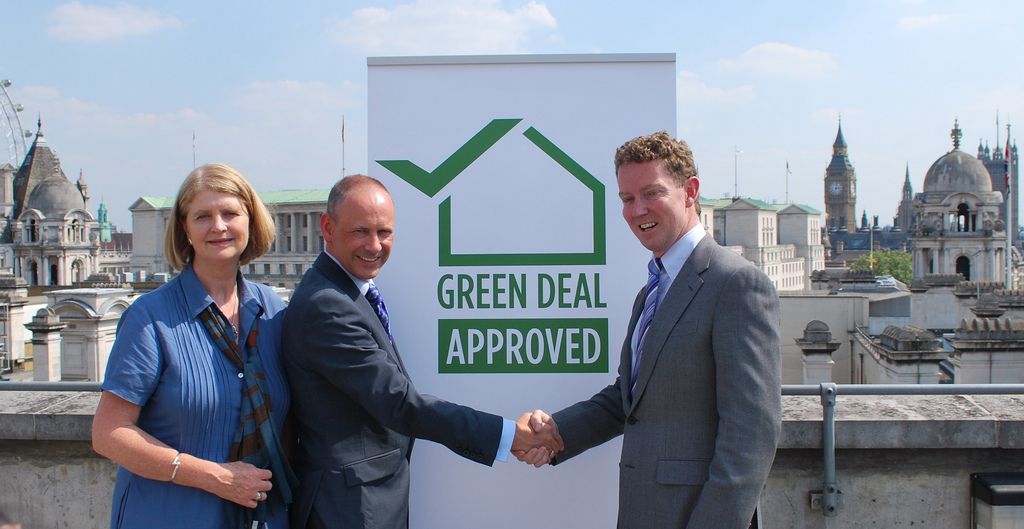The Green Deal had “run its course” and mention of it had become “toxic” by the time it was culled by the government, an energy and climate change select committee heard this morning.
During an energy efficiency and demand reduction evidence hearing today, Philip Sellwood of the Energy Savings Trust said that any mention of the word’s ‘green’ and ‘deal’ alongside each other had become “toxic”, but also insisted the scheme was “not a complete failure”.
Sellwood did however conclude that the programme was too focused on selling itself as a financial package, and that this had resulted in its overall aim – of furthering the deployment of energy efficiency technologies to more low-income households – of being lost amidst mixed messages.
While the government’s decision to cull the Green Deal without an adequate replacement has been much maligned, most within the industry have agreed that it failed to stimulate the kind of uptake originally envisioned.
By the time of its closure the Green Deal Finance Company had processed some £60.76 million worth of plans in the two years it had been operational, and it has yet been disclosed by the government what guise a replacement scheme will take.
Sellwood said that the stop/start nature of government energy efficiency policy had resulted in “all kinds of issues” with the quality of both installations and companies active in the sector, a notion echoed by Citizens Advice policy manager Peter Broad.
Broad added his opinion that the sector had been “undermined” by a lack of stable support from the government and that deployment efforts had tailed off over the last five years as a direct result.






